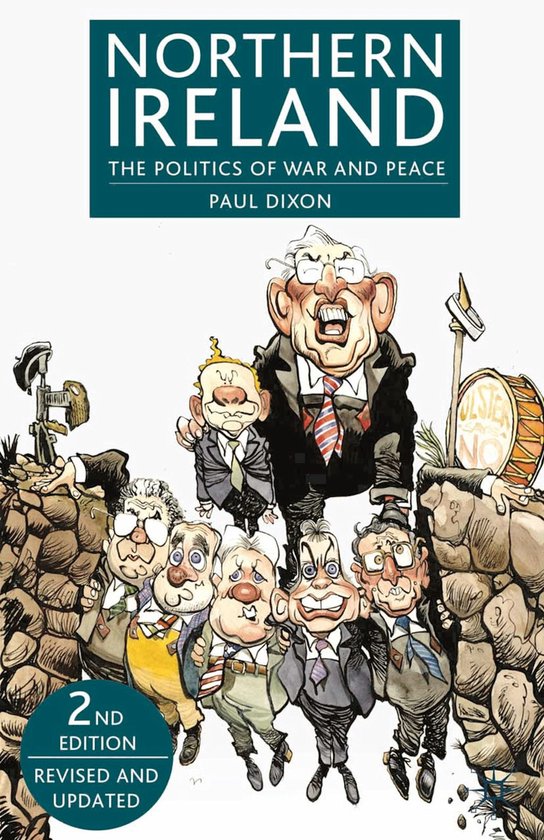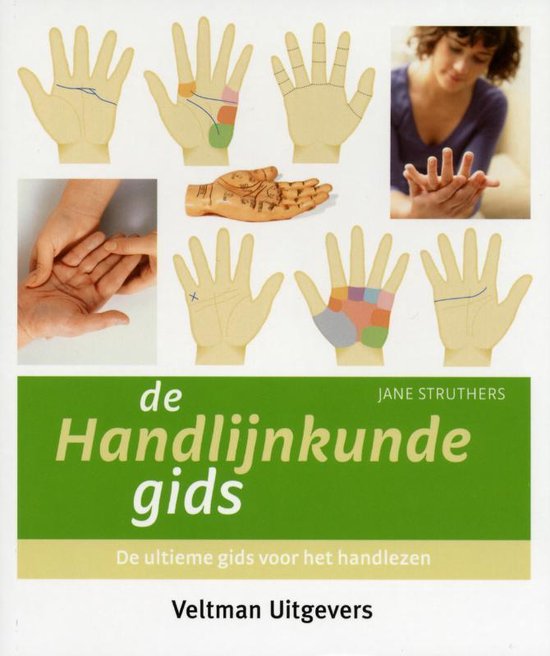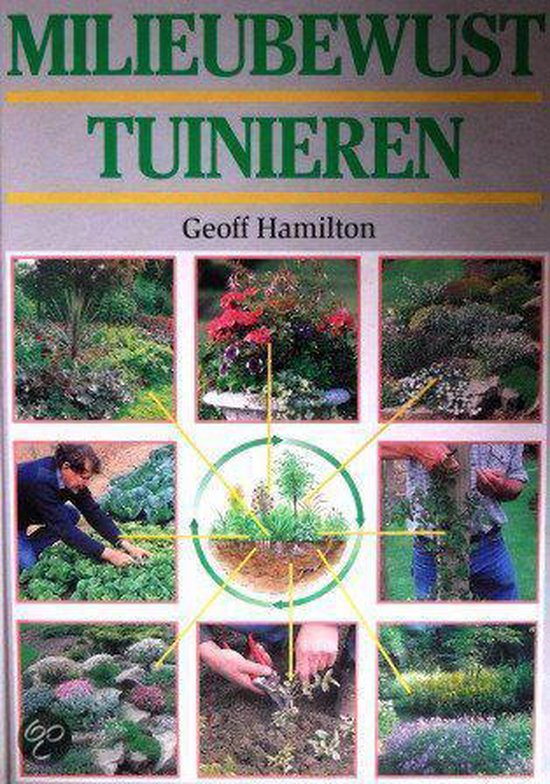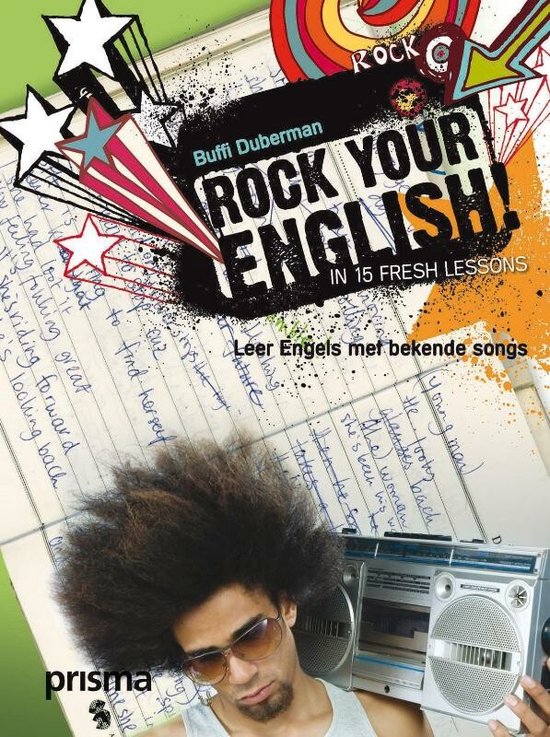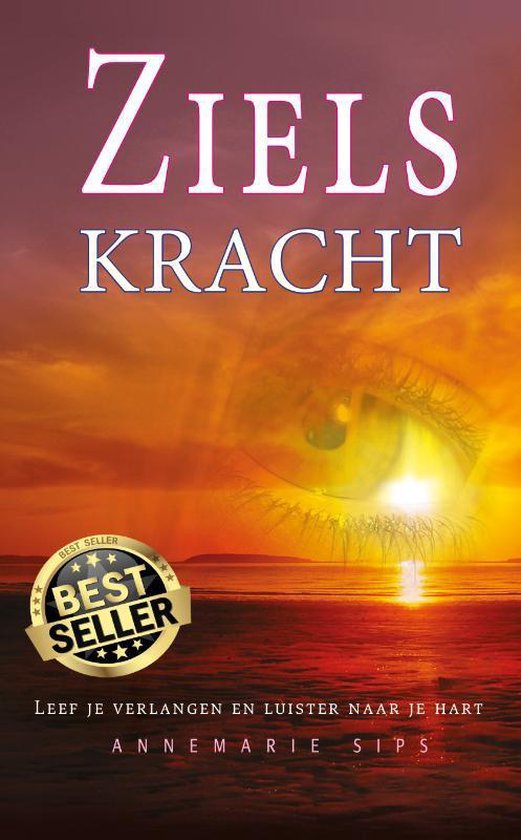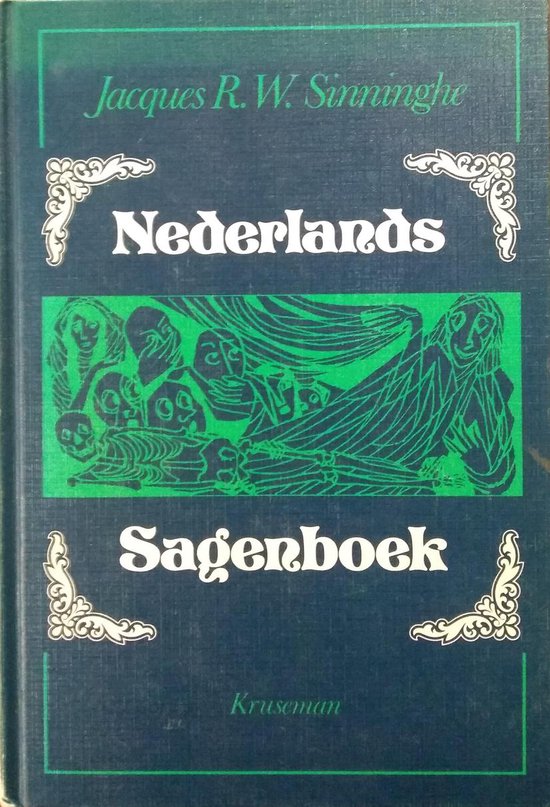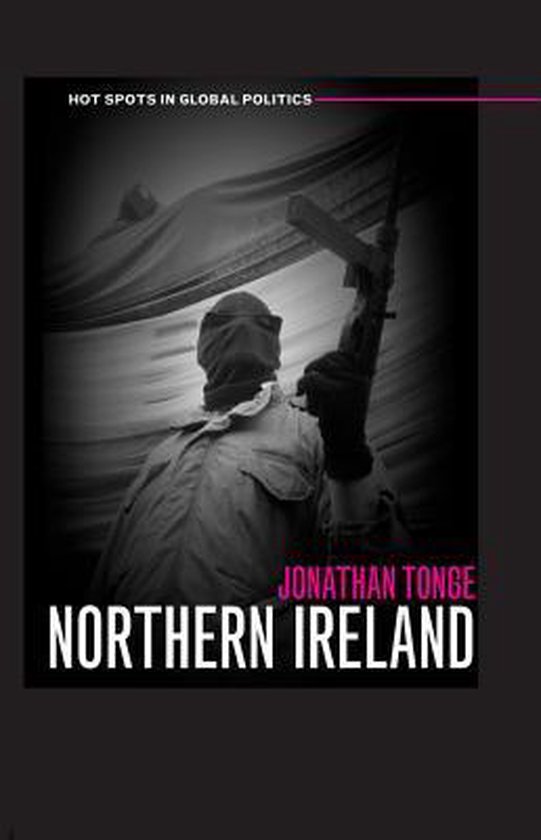
Northern Ireland
For almost three decades the troubles in Northern Ireland raged, claiming over 3,600 lives, with civilians accounting for almost half the fatalities. In this book, Jonathan Tonge examines the reasons for that conflict; the motivations of the groups involved and explores the prospects for a post-conflict Northern Ireland.
For almost three decades the troubles in Northern Ireland raged, claiming over 3,600 lives, with civilians accounting for almost half the fatalities. In this book, Jonathan Tonge examines the reasons for that conflict; the motivations of the groups involved and explores the prospects for a post-conflict Northern Ireland.
For almost three decades the troubles in Northern Ireland raged, claiming over 3,600 lives, with civilians accounting for almost half the fatalities. In this book, Jonathan Tonge examines the reasons for that conflict; the motivations of the groups involved and explores the prospects for a post-conflict Northern Ireland.
For almost three decades the troubles in Northern Ireland raged, claiming over 3,600 lives, with civilians accounting for almost half the fatalities. In this book, Jonathan Tonge examines the reasons for that conflict; the motivations of the groups involved and explores the prospects for a post-conflict Northern Ireland.
The book:
- assesses the motivations and campaigns of the IRA, UVF and UDA and other armed groups
- discusses what each paramilitary group achieved through violence
- analyses the continuing controversies surrounding the Northern Irelands dirty war
- outlines the extent of collusion between British security forces and loyalist paramilitaries
- explores how governments and political parties shaped the peace process
- scrutinizes prospects for the political development of unionism and nationalism within a devolved power sharing framework
- examines whether the sectarian divide is strengthening or weakening
- concludes by assessing whether Northern Ireland can move permanently from violence and instability to become a normal peaceful polity, in which the war is merely a historic relic
Written by an acknowledged expert in the field, Northern Ireland combines incisive analysis, original research and a lucid style to provide an important assessment of what has been described as an 800 year old problem.
For almost three decades the troubles in Northern Ireland raged, claiming over 3,600 lives, with civilians accounting for almost half the fatalities. In this book, Jonathan Tonge examines the reasons for that conflict; the motivations of the groups involved and explores the prospects for a post-conflict Northern Ireland.
The book:
- assesses the motivations and campaigns of the IRA, UVF and UDA and other armed groups
- discusses what each paramilitary group achieved through violence
- analyses the continuing controversies surrounding the Northern Irelands dirty war
- outlines the extent of collusion between British security forces and loyalist paramilitaries
- explores how governments and political parties shaped the peace process
- scrutinizes prospects for the political development of unionism and nationalism within a devolved power sharing framework
- examines whether the sectarian divide is strengthening or weakening
- concludes by assessing whether Northern Ireland can move permanently from violence and instability to become a normal peaceful polity, in which the war is merely a historic relic
Written by an acknowledged expert in the field, Northern Ireland combines incisive analysis, original research and a lucid style to provide an important assessment of what has been described as an 800 year old problem.
| Auteur | | Jonathan Tonge |
| Taal | | Engels |
| Type | | Paperback |
| Categorie | | Mens & Maatschappij |
